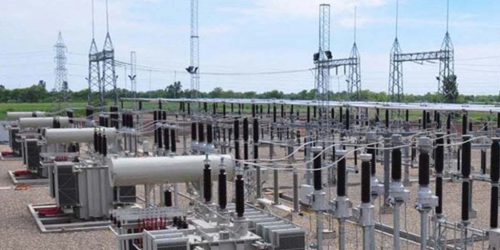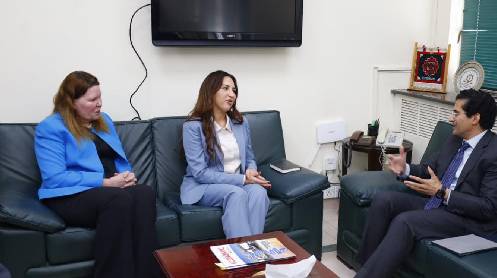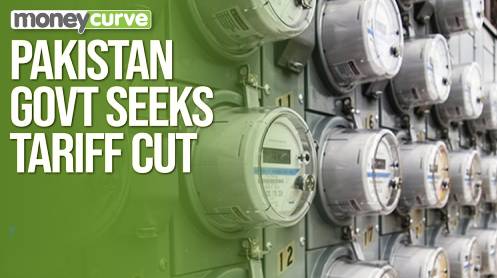Texas officials knew winter storms could leave the state’s power grid vulnerable, but they left the choice to prepare for harsh weather up to the power companies — many of which opted against the costly upgrades. That, plus a deregulated energy market largely isolated from the rest of the country’s power grid, left the state alone to deal with the crisis, experts said.
As Texas faced record-low temperatures this February and snow and ice made roads impassable, the state’s electric grid operator lost control of the power supply, leaving millions without access to electricity. As the blackouts extended from hours to days, top state lawmakers called for investigations into the Electric Reliability Council of Texas, and Texans demanded accountability for the disaster. We have compiled a list of resources for Texans who are seeking help, or places to get warm. MORE IN THIS SERIES
Sign up for The Brief, our daily newsletter that keeps readers up to speed on the most essential Texas news.
Millions of Texans have gone days without power or heat in subfreezing temperatures brought on by snow and ice storms. Limited regulations on companies that generate power and a history of isolating Texas from federal oversight help explain the crisis, energy and policy experts told The Texas Tribune.
While Texas Republicans were quick to pounce on renewable energy and to blame frozen wind turbines, the natural gas, nuclear and coal plants that provide most of the state’s energy also struggled to operate during the storm. Officials with the Electric Reliability Council of Texas, the energy grid operator for most of the state, said that the state’s power system was simply no match for the deep freeze.
“Nuclear units, gas units, wind turbines, even solar, in different ways — the very cold weather and snow has impacted every type of generator,” said Dan Woodfin, a senior director at ERCOT.
Energy and policy experts said Texas’ decision not to require equipment upgrades to better withstand extreme winter temperatures, and choice to operate mostly isolated from other grids in the U.S. left power system unprepared for the winter crisis.
Policy observers blamed the power system failure on the legislators and state agencies who they say did not properly heed the warnings of previous storms or account for more extreme weather events warned of by climate scientists. Instead, Texas prioritized the free market.
“Clearly we need to change our regulatory focus to protect the people, not profits,” said Tom “Smitty” Smith, a now-retired former director of Public Citizen, an Austin-based consumer advocacy group who advocated for changes after in 2011 when Texas faced a similar energy crisis.





